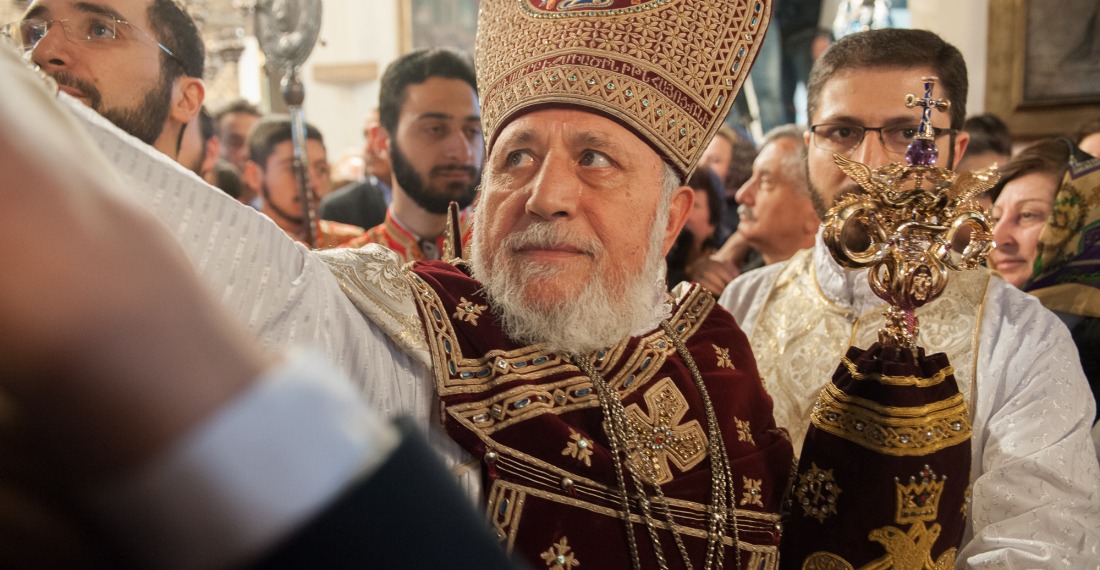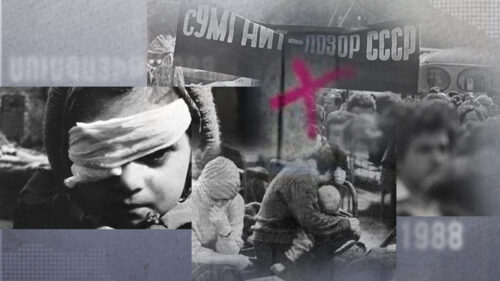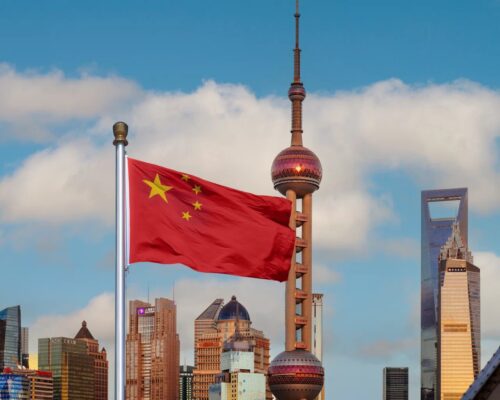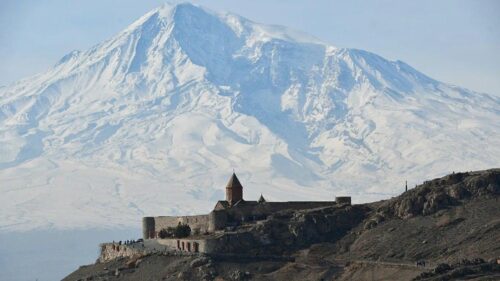
An already volatile situation in Armenia could prove explosive just months before the June 2026 elections, says Common Space
Armenia finds itself in deepening discord between its political and religious elites. Prime Minister Nikol Pashinyan’s unprecedented public attacks on Catholicos Karekin II, head of the Armenian Apostolic Church, mark further escalation in a personal feud waged since the 2018 Velvet Revolution, Common Space reports.
As noted, the prime minister accused the Catholicos of violating his vow of celibacy and fathering a child, allegations that surfaced in the media over a decade ago but have now resurfaced with much sharper rhetoric. Pashinyan’s wife, Anna Hakobyan, even compared clergy to pedophiles, a provocative charge that many believe is intended to silence dissent ahead of a possible peace agreement with Azerbaijan and parliamentary elections set for next year. Nonetheless, it has added to divisions in the country.
Calls for unity have grown louder, especially after war broke out between Israel and Iran, directly situated on Armenia’s southernmost border, earlier this month. Even then, Pashinyan only remained silent for four days. That brief pause ended when Russian-Armenian tycoon Samvel Karapetyan, who Forbes values at $4 billion, came to Karekin II’s defense, threatening unknown actions if the dispute isn’t resolved politically. Pashinyan is now moving against Karapetyan’s business empire, including threatening to nationalize the Electricity Networks of Armenia (ENA) that the Russian-Armenian billionaire purchased from Russia’s Inter RAO in 2015. Economists disagree, however, and have warned against doing so, citing the lack of an accommodating legal framework and that it could deter foreign investment. Though the government has alleged strong links between Etchmiadzin and Moscow in the past, the squabble ahead of next year’s parliamentary elections has taken on a more distinct and obvious geopolitical tone and should ring alarm bells. Yerevan had already accused Moscow of waging a hybrid war against it. If that was to escalate, then an already volatile situation could prove explosive just months before the June 2026 elections. There is still only a little less than a full year until election day. Meanwhile, another major conflict, this time between Iran and Israel, has emerged on the border of Armenia and Azerbaijan, adding even more geopolitical uncertainty into the mix. The coming year was, anyway, unpredictable.



